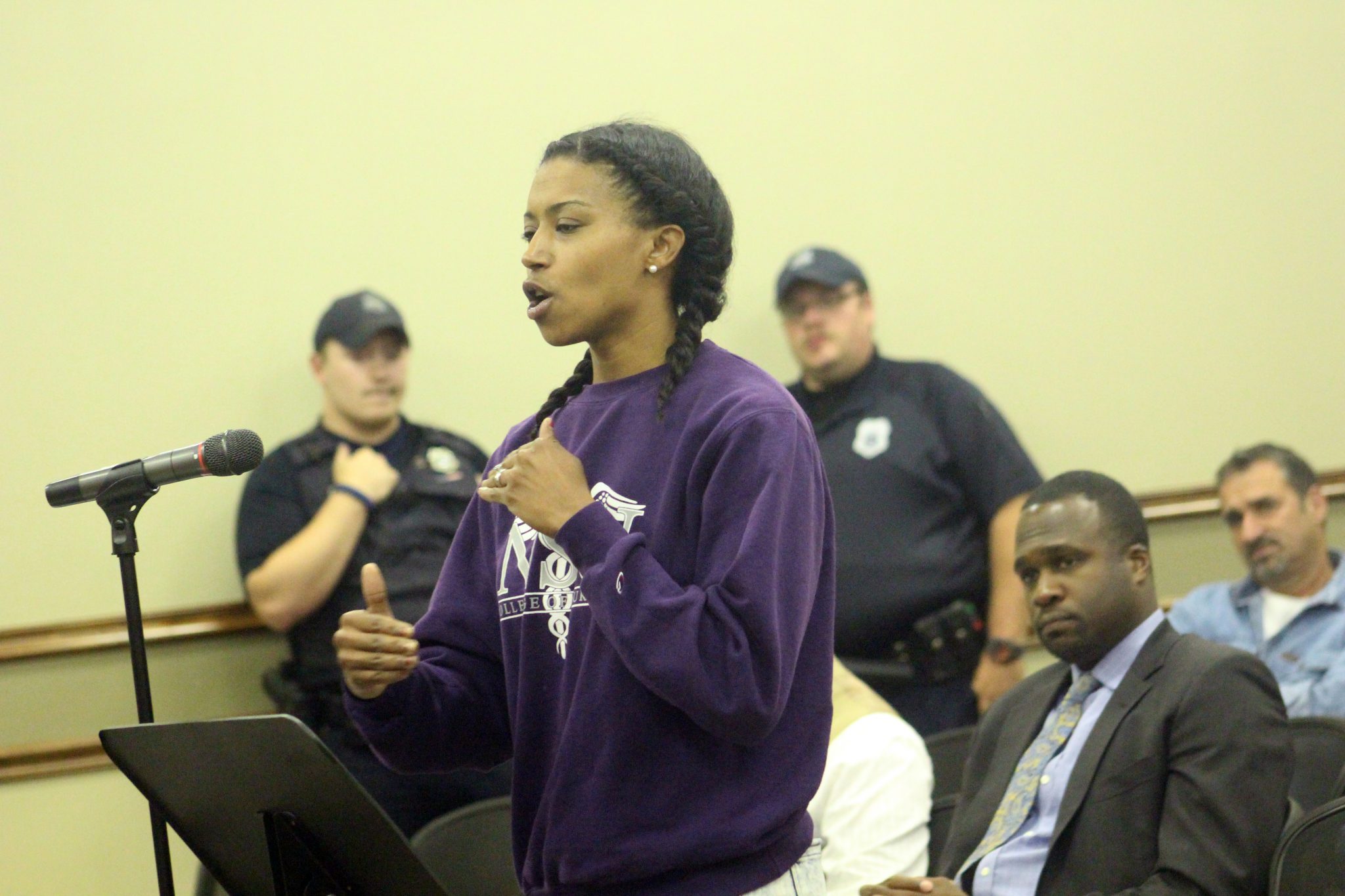394
Several concerned Minden residents spoke to the city council Monday evening with concerns about varying utility bills, discrepancies, human error, empathy and solutions for a 20-year contract with SWEPCO.
The multifaceted issue was addressed by Mi

Individuals plead to Minden City Council on behalf of the elderly and fixed-income residents’ utility bills.
Electric bills spark outcry
previous post



